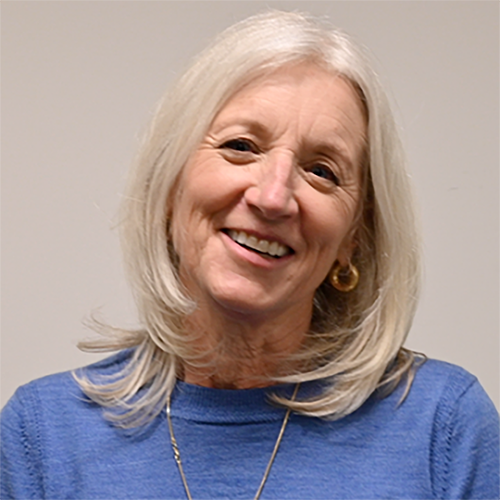July 2023
Interviewed by Brittany Jakubiec
Dr. Susan Braedley is a Professor at the School of Social Work, and the Director of the Institute of Political Economy, at Carleton University. She is Associate Director of the SSHRC Partnership, “Age-Friendly Communities- in- Communities: International Promising Practices” and the Principal Investigator of the SSHRC funded research project “Bordering Aging, Bordering Care: Comparing Welfare State Approaches.” Her latest book, co-edited with Pat Armstrong, is “Care Homes in a Turbulent Era: Do They Have a Future?” published by Edward Elgar Press. Susan’s research program explores care arrangements in the context of welfare state and market changes. Her aim is to identify promising practices that improve the lives of both marginalized and/or oppressed older adults and all those who support their wellbeing, whether paid or unpaid. Susan is straight, white, and cisgendered, working with, taking advice from, and consulting deeply with colleagues, community groups, organizations, and students who are members of marginalized and oppressed communities.
Q: Why was it important to understand the safety and accessibility of Canada’s public services for 2SLGBTQI older adults 55 years and older?
A: As a group, older adults rely on and use public services — including municipal services like public transportation, recreation centers, libraries, and provincial services such as healthcare and long-term care. These are important services we use to maintain our physical, social, and mental well-being as we age. Ensuring that these services are welcoming, safe, and accessible to 2LGBTQI older adults, no matter their ethnicity, race, class, ability, gender, or other intersecting social location, is essential. If these services are not safe and inclusive, they are not public services!
Q: Can you share a little bit more about the findings of the 2020 report, “It’s Got To Be About Safety”: Public Services that Work for LGBTQ2+ Older Adults and LGBTQ2+ Workers in Canada?
A: The 5 major findings won’t be a surprise to a 2SLGBTQI reader. First, LGBTQ2+ older adults and workers experience a barometer of safety in public services, from unsafe to very safe, with most in between. Second, LGBTQ2+ older adults are extremely diverse, in terms of sexuality, gender and gender identity, their degree and length of time being out, race, ethnicity, disability, socioeconomic status, education, and more. Dismantling homophobia and transphobia cannot be fully accomplished without dismantling other systems of oppression. Our most significant and unique finding is that where LGBTQ2+ workers are safer, so are older adults, and vice versa. The conditions of services are the conditions of work. This leads to our fourth big finding. The work of making services safer and accessible has fallen disproportionately to queer workers who often do this work outside of job descriptions and without much credit, often on unpaid overtime. Our final finding, however, is that there are leading public services organizations that have developed promising practices. We identify these promising practices in the report!
Q: What are some of the promising practices for accessible and safe services for 2SLGBTQI older adults and workers?
A: The report outlines six promising practices, but we must begin with the shifting of power to 2SLGBTQI communities (e.g., inviting LGBTQ2+ older adults onto advisory committees and governance boards); all the other promising practices outlined in the report rely on this shift. Some key promising practices as outlined in the report include ensuring LGBTQ2+ older adult representation in policy and decision-making as well as ensuring that this representation has power to enact change, engaging in organization change, and ensuring employment equity, accessibility, and meaningful training in the workforce.
Q: What resources do you recommend people check out?
A: People should check out the 2020 report, “It’s Got To Be About Safety”: Public Services that Work for LGBTQ2+ Older Adults and LGBTQ2+ Workers in Canada. It outlines how public services in Canada can be more accessible, safe, and inclusive of LGBTQ2+ older adults 55 and older.

